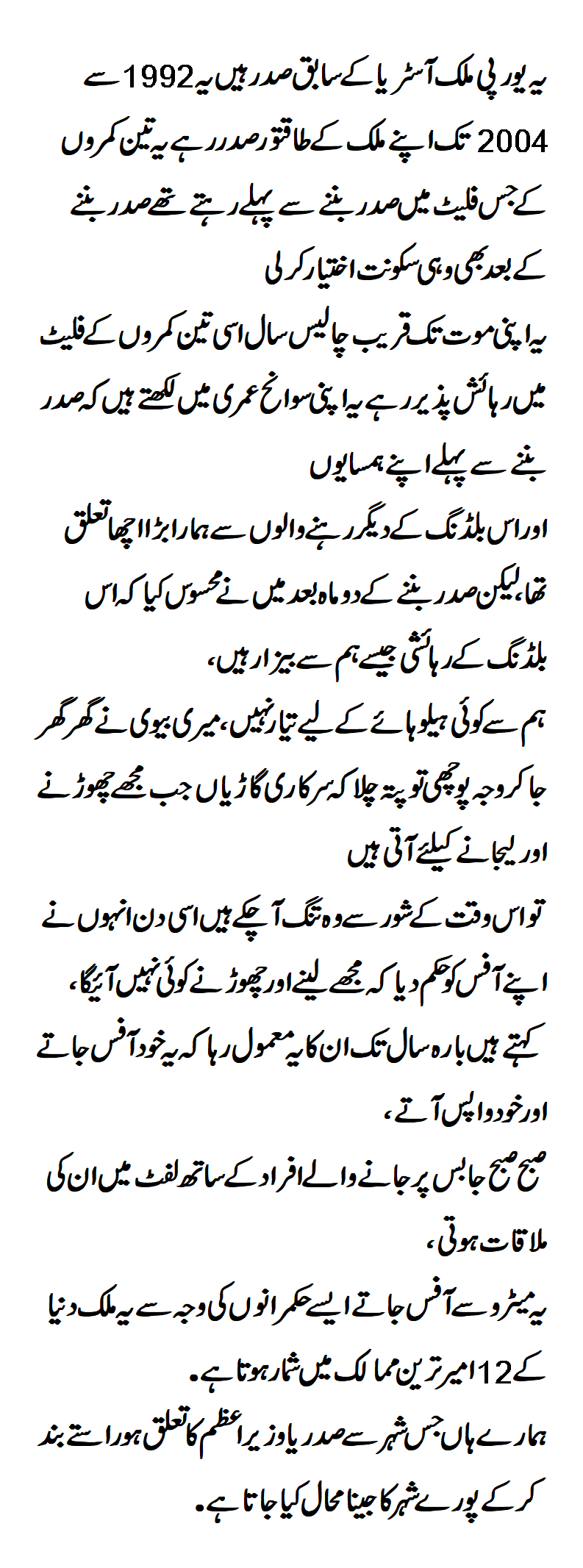Austria is known as a stable Central European country that is the capital of classical music. It is also the home of prominent figures in the world of science and philosophy, including Sigmund Freud and Ludwig Wittgenstein.
In 2014, Austria had the lowest unemployment rate in the European Union. That trend declined in the years that followed, but the economy remained largely competitive. Austria is also one of the top 10 countries with the fewest number of unemployed young people among member states of the Organization for Economic Co-operation and Development (OECD).
Austrians will head to the polls later this year for elections. The incumbent president, Alexander Van der Bellen, remains undecided over running again, but he is eligible for a second term in office. In the 2016 election, he defeated Norbert Hofer of the Freedom Party of Austria, thwarting his rival’s attempt to become the first far-right head of state in the EU.
Recently identified as the world’s fifth-most peaceful country in the 2021 Global Peace Index, Austria has seen substantial economic fallout due to the COVID-19 pandemic. The government’s decision to introduce mandatory vaccination and hefty penalties for those who do not comply has stirred controversy.
Heinz Fischer, the president of Austria between 2004 and 2016, is a seasoned lawyer who had a long career in politics. He took his first step toward becoming a national leader in early 1963, when he served as a legal assistant to the vice president of the Austrian parliament. He later became a member of parliament himself and then served as the minister of science, before leading the national council, the lower house of parliament, from 1990 to 2002. He is currently the co-chairman of the Ban Ki-moon Centre for Global Citizens in Vienna.
